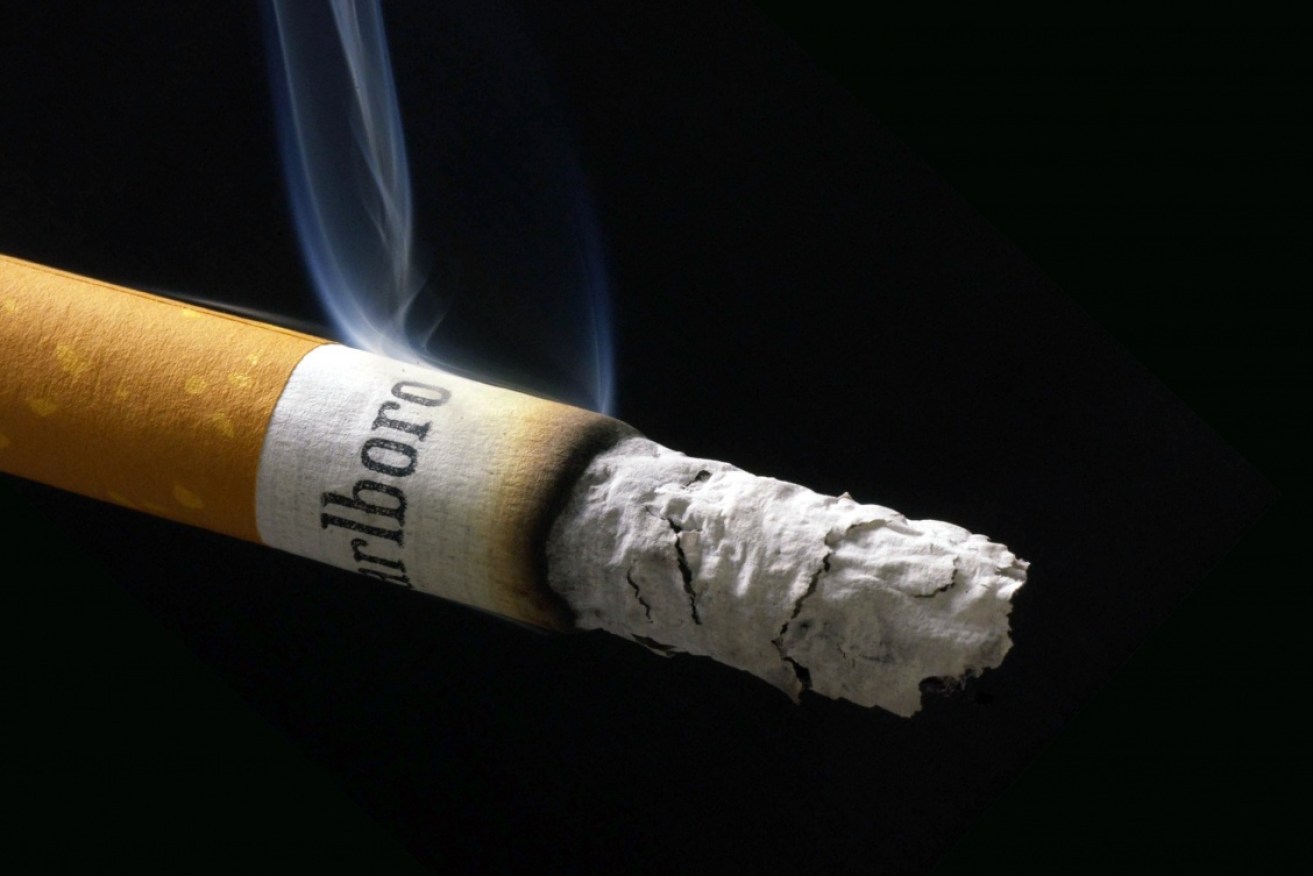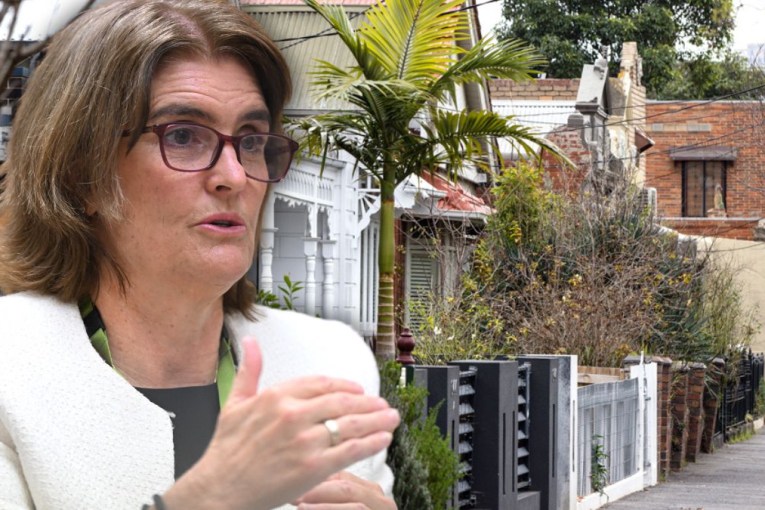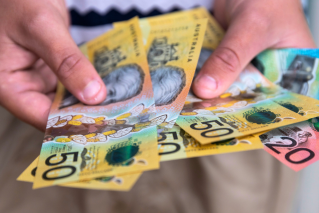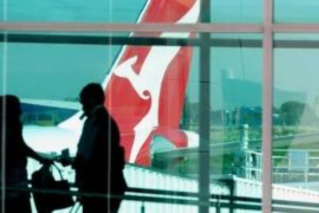Tobacco giant fails to squeeze millions from Australian taxpayers

Philip Morris is most famous for Marlboro cigarettes. Photo: Getty
Tobacco giant Philip Morris has suffered a final defeat in its abuse of international law to fight Labor’s plain packaging on cigarettes.
The Permanent Court of Arbitration, an international tribunal, published a ruling over the weekend ordering Philip Morris to pay a share of Australia’s legal fees – despite the company arguing that each side should pay their own costs.
Exactly how much Philip Morris will have to reimburse was redacted, but The Sydney Morning Herald quoted former Labor treasurer Wayne Swan as saying it was “around $50 million”.
The ruling made it clear that Australia’s total costs were substantially more than US$4.5 million.
“The tribunal does not consider that any of these costs claimed by [Australia] were unreasonable and should not have been incurred,” the verdict read.
“In making this assessment, the tribunal also takes into consideration the significant stakes involved in this dispute in respect of Australia’s economic, legal and political framework, and in particular the relevance of the outcome in respect of Australia’s policies in matters of public health.”
It was the final blow for Philip Morris, which exhausted every legal avenue in an attempt to overturn the Gillard government’s 2011 plain packaging on cigarettes.
It tried first, along with Imperial Tobacco and Japan Tobacco, to argue in the High Court in 2012 that the laws were unconstitutional. The case failed.
Philip Morris then tried to use a subsidiary registered in Hong Kong to sue the Australian government under the terms of an obscure Hong Kong-Australia 1993 investment treaty.
It was the first time Australia had ever been sued under the treaty.
That tactic also failed. The Permanent Court of Arbitration ruled in 2015 it had no jurisdiction to hear the matter.
The tribunal described Philip Morris’ case as “an abuse of rights” – which means the tobacco tried to use the treaty in a way the governments of Hong Kong and Australia never intended.
The tribunal also found that Philip Morris had restructured in 2005 to set up a subsidiary in Hong Kong for the “main and determinative, if not sole” reason of using the treaty to sue Australia.
Following its defeat, the tobacco giant and the Australian government went back and forth over costs between June 2016 and March 2017.
Philip Morris’ lawyers argued Australia should pay all of its own costs, as well as half of the tribunal’s costs.
The ruling was handed down on March 8 but had not yet been made public.









